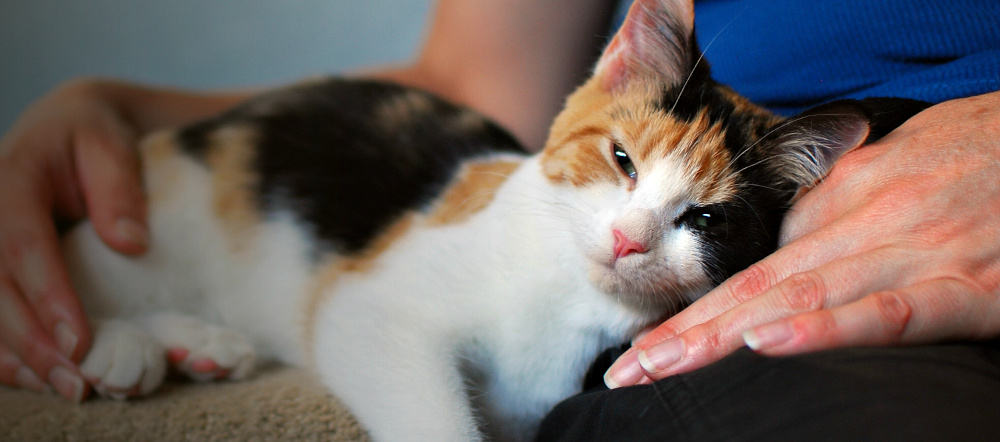
The RSPCA encourages prospective owners to adopt an animal from the RSPCA or another reputable animal welfare, rehoming, or rescue organisation.
What are the benefits of adopting an animal from the RSPCA?
The RSPCA cares for thousands of animals every year including cats, dogs, horses, birds, rabbits, and guinea pigs. They are all in need of a good home. All animals have undergone health and behaviour assessments to make sure they are suitable for adoption. They have been vaccinated, wormed, microchipped and desexed as appropriate for the species. RSPCA staff can also give you advice about general care (e.g. nutrition, exercise, training). Check your local RSPCA animal care centre and www.adoptapet.com.au and www.petrescue.com.au.
What if I am unable to find an animal from an animal welfare organisation?
If you are unable to find an animal from a reputable animal welfare, rehoming, or rescue organisation, another option is to adopt an animal who is being rehomed privately. Adopting directly from the previous owner gives you the opportunity to ask lots of questions and do your due diligence (e.g. visit the place where the animal has been kept).
If you are unable to find an animal from an animal welfare organisation, another option is to find a responsible breeder. For more information, read the Knowledgebase articles How do I find a responsible dog or cat breeder? and Is there a safe way to look for a new companion animal online?
To avoid the animal welfare problems associated with irresponsible breeding, at a minimum:
- Check the breeder is registered by the relevant authority in your jurisdiction and meets, or ideally, exceeds the legal requirements (e.g., minimum standards)
- Visit the place where the animal was born to check the conditions
- Insist on meeting the animal’s parents to see if the mother (and the father if possible) seems happy and healthy
- Talk to the breeder about the animal’s specific requirements. Responsible breeders will make sure you are aware of the animal’s long-term needs and will ask you lots of questions because they care about the animal going to a good home
- Do your research and seek advice from people with experience and expertise in animal health and welfare (e.g., a veterinarian) to understand what animal is best for you, their long-term needs, and potential health issues
- Never buy blind, do not buy an animal sight unseen
Consult the RSPCA’s ‘Smart Puppy and Dog Buyer’s Guide’ or ‘Smart Kitten and Cat Buyer’s Guide’ for more information.
